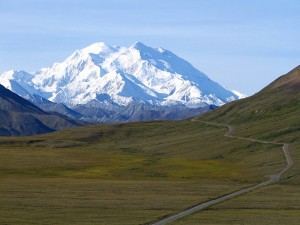 Remember PEAK OIl? I wrote about it many times, and heard about it even oftener. It seems the great malevolent equalizer that would be a de facto end to eh way we had run things for 100 years. What happened?
Remember PEAK OIl? I wrote about it many times, and heard about it even oftener. It seems the great malevolent equalizer that would be a de facto end to eh way we had run things for 100 years. What happened?
In summer 2014, Citigroup’s Edward Morse noticed that Saudi Arabia was offering its oil at lower prices than usual. Others reported the same, and it was inferred that, as OPEC’s leader, Saudi Arabia was suddenly out to push down the global price. And that is where it went—inexorably down. It was not clear how low it could go, although Morse had been forecasting for some time that it would average in the range of $65 to $80 a barrel by the end of the decade; now the plunge he foresaw seemed to be coming much, much sooner.
In effect, the Saudis had declared war on US shale. Then, in November 2014, the situation bode worse for the US-produced oil: The Saudis, meeting with fellow OPEC cartel members in Vienna, declared that US and other non-OPEC oil had to be driven out of the marketplace—the cartel as a whole had to go on a war footing. So it was that, led by the Saudis, OPEC, along with Russia, flooded the market with oil, leading prices to as low as $27 a barrel in January, a 77% drop from their peak in June 2014.
At least that. The pressure from renewables that would have seemed a pipe dream in 2004 has already mutated into something even stronger and perhaps more positive, as the technology cheapens individual investments in solar and wind. An enormous reckoning remains on the issue how far you live from work, groceries and schools, the 20-to-30-minute-drive-each-way on which our society and many of its problems are based. The fact that people didn’t see this coming, and that the Saudi’s are willing to sink the entire enterprise to stop shale oil should be instructional. How much of the environmental assessment from 2004 remains operable is an interesting point to ponder.
